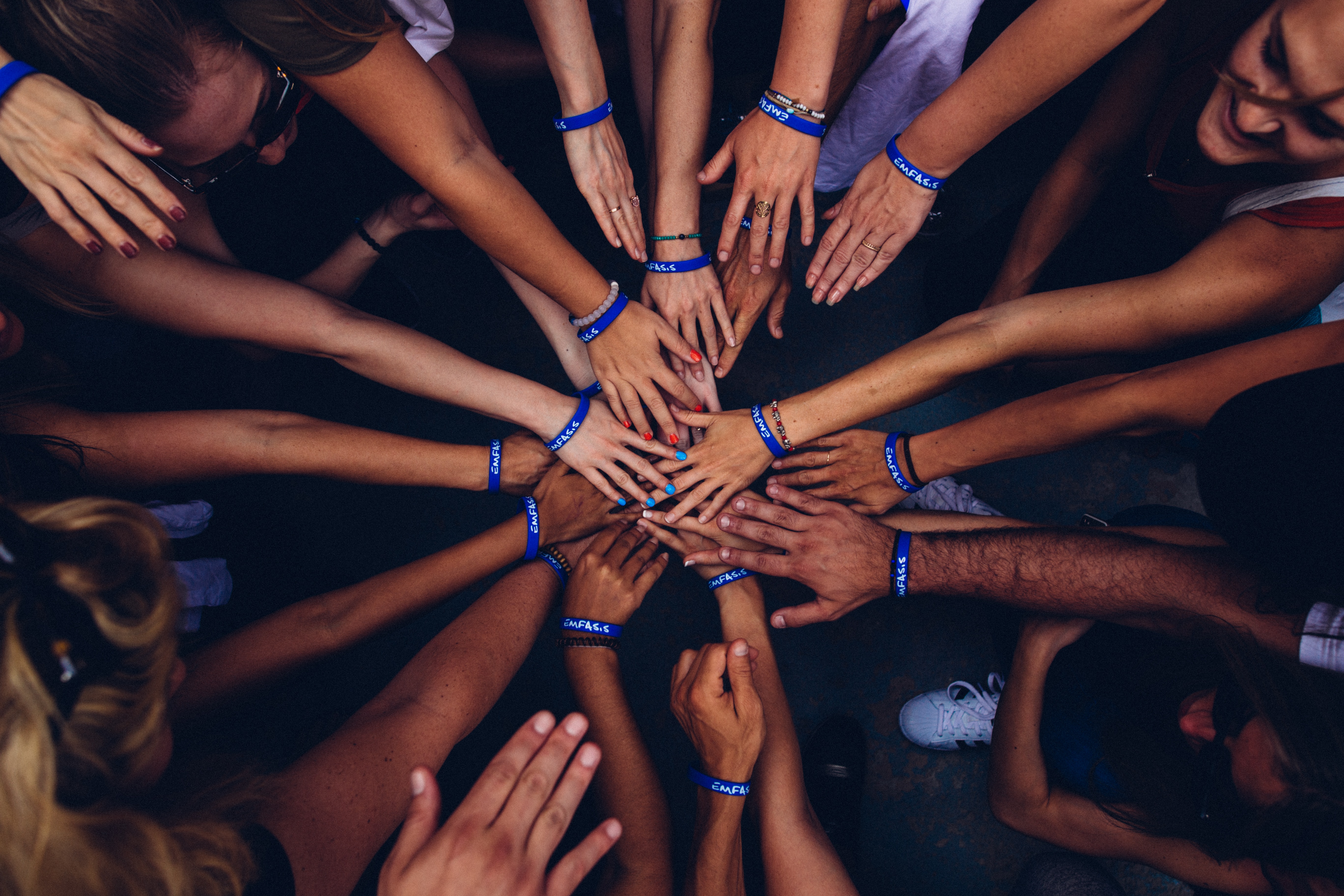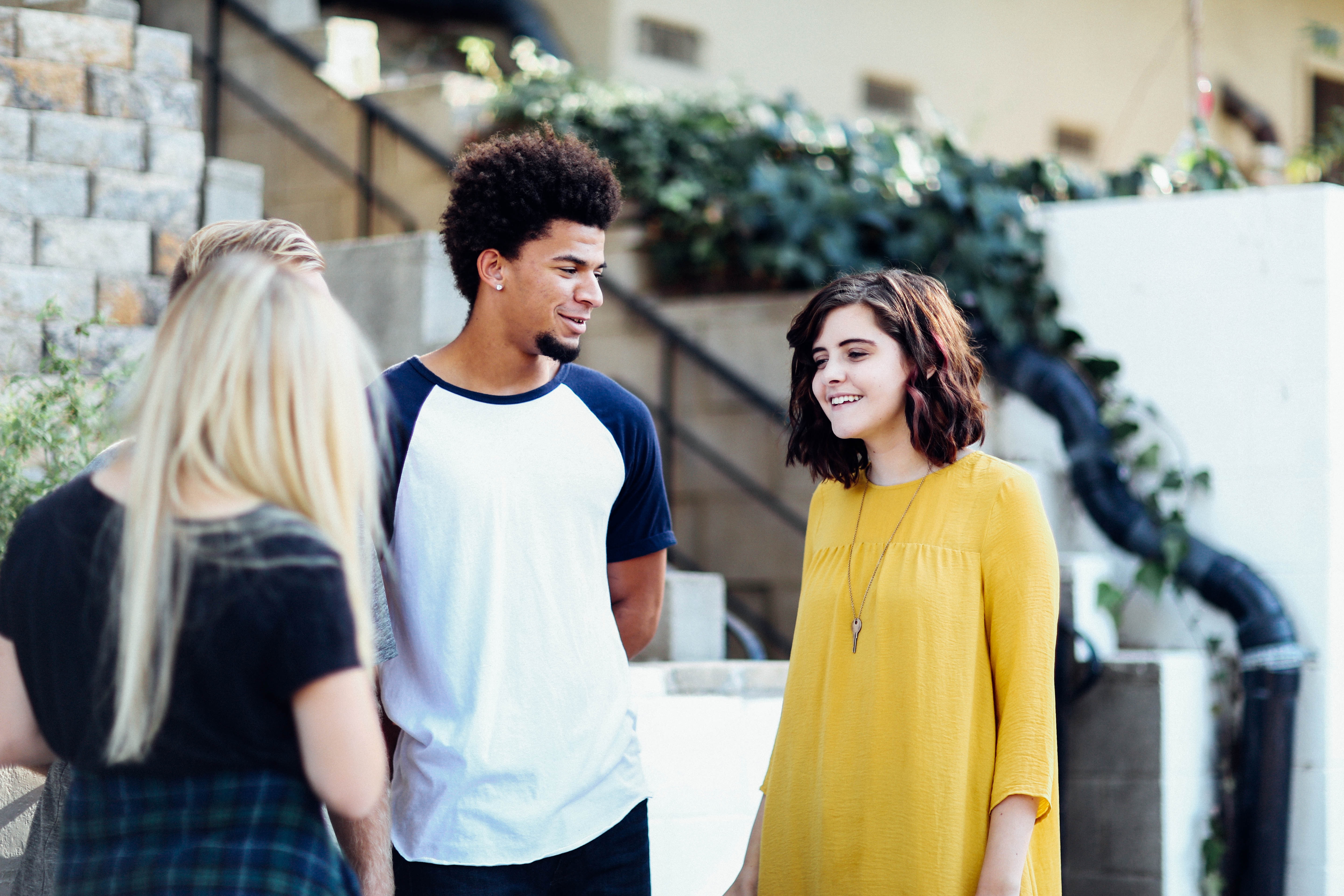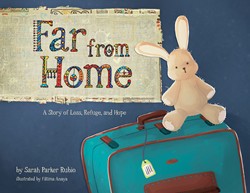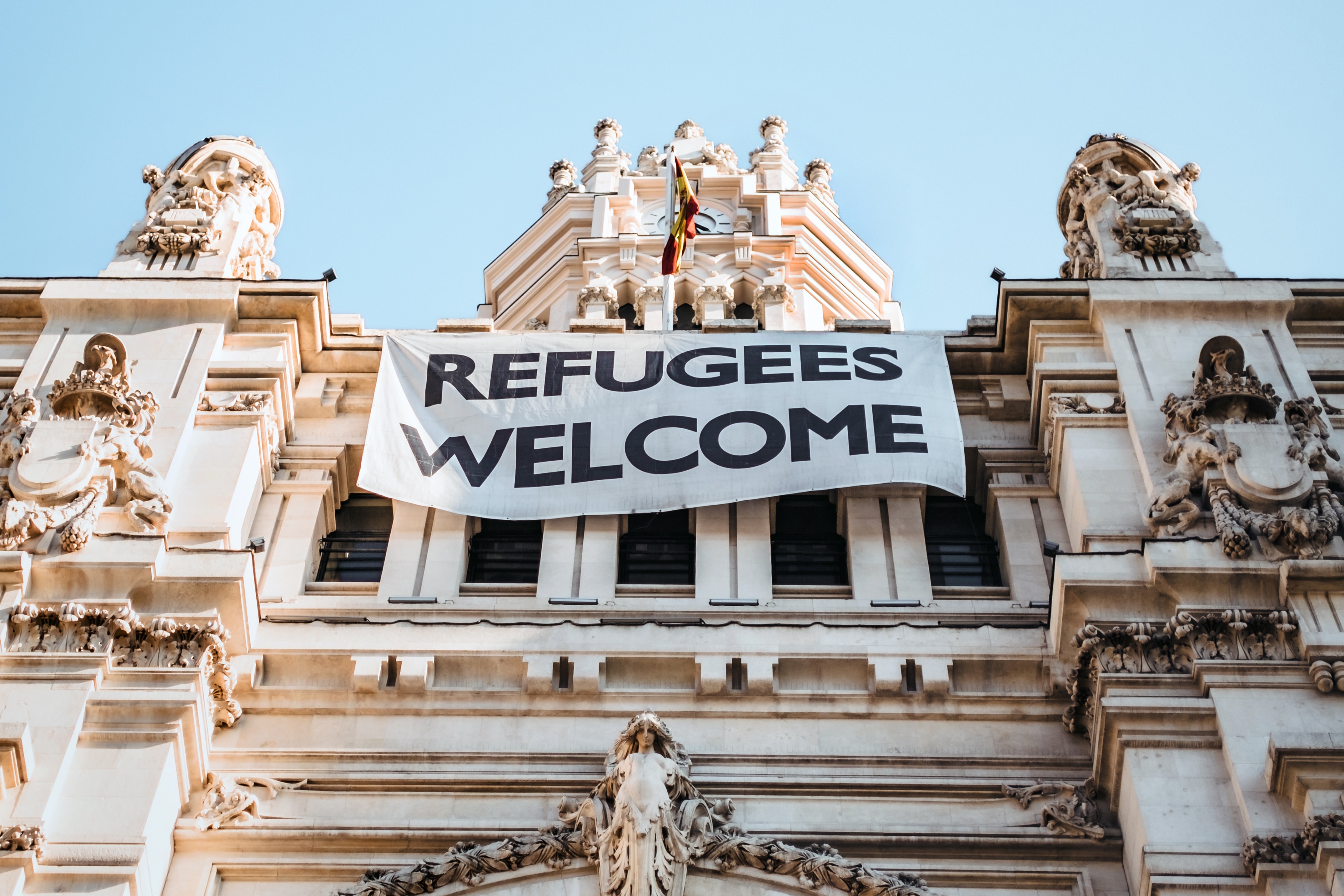Remember to focus on being a friend, not a fixer… Build a relationship, just like you would with anyone else you’re getting to know. Maybe at some point you’ll get the opportunity to be of service to your new friend, but even if not, your friendship itself is gift enough.
by Sarah Parker Rubio, author of Far from Home
Unstable governments, economic breakdown, the crossfire of war, unwelcoming borders—start paying attention to the global refugee crisis, and things can quickly start seeming hopeless. What can any of us possibly do to stem such a tide of suffering?
Of course none of us can fix any of these big-picture problems by ourselves, but I believe there is at least one thing every one of us can do to make a difference in the lives of refugees, whether in faraway countries or in the places we go every day. Here are just a few ideas to get you started.
1. Be a Welcomer.
If you encounter someone who you know is a refugee or recent immigrant in your school, workplace, church, or a business you frequent, your search for ways to help stops here! Most of us have probably experienced at one time or another what it’s like to be a stranger or the “new kid in town.” Refugees who have been resettled in another country are starting their lives all over, often with the added challenges of a language barrier and past trauma. I know it can feel intimidating to reach out to someone if you don’t have a language or culture in common (unless you have the rare and wonderful gift of easily making friends wherever you go). But start small. Share a smile and a friendly greeting. Try to strike up a short conversation with a refugee parent in the school pick-up line instead of standing in a closed circle with the parents you’ve known since all your kids were in preschool.
Remember to focus on being a friend, not a fixer. You don’t need to descend on a recently resettled family with casseroles every night and try to solve all their problems. Build a relationship, just like you would with anyone else you’re getting to know. Maybe at some point you’ll get the opportunity to be of service to your new friend, but even if not, your friendship itself is gift enough.
2. Speak Up.
Even if you don’t currently have the opportunity to get to know any refugees personally, you can use your voice and influence on their behalf. Organizations like World Relief and We Welcome Refugees are good places to start looking for resources on how to be an advocate. Keep track of when legislation regarding refugee law is being considered and write to your representatives to express your support for making policies that welcome and support refugees.

3. Find Your Fish.
I wrote Far from Home as my “loaves and fishes” gift (see John 6:1-14)—using the skills and resources I already had at my disposal (you can read more about that here). What do you have that you can share?
Money
Do you have surplus in your budget? There are many organizations that could put those resources to good use to help displaced individuals and families. (Be sure to vet the organization you’re considering with a service like Charity Navigator before you make your donation.)
Time
Are you able to make room in your schedule to drive an expectant mom to prenatal appointments or tutor a father in English after work? Refugee resettlement organizations often have many volunteer opportunities.
Shopping
Got a holiday or special occasion coming up? Or maybe your wardrobe or home décor need refreshing? Organizations like Preemptive Love Coalition and Re:new Project have online stores whose proceeds go to relief work or providing employment opportunities for refugees (many of the products are made by refugee entrepreneurs and craftspeople). Check out one of these stores next time you need to buy a gift (or want to treat yourself)!
Special Skills
Think about what you specifically bring to the table. What skills or experience do you have? What do you enjoy doing? Pray about and research ways your unique skill set could be leveraged to help displaced people.

4. Bring Your Friends.
It’s more fun with friends! Rally your church, workplace, friend group, or other tribe to join you in learning more about what refugees are facing and how you can help. World Relief has a body of resources specifically tailored for churches but that you could adapt for other contexts as well.
What other ways have you found to love your refugee neighbors either near or far? Tell me about them on Facebook and Instagram @sarahrubiobooks or at sarahparkerrubio.com!
 Far from Home: A Story of Loss, Refuge, and Hope by Sarah Parker Rubio
Far from Home: A Story of Loss, Refuge, and Hope by Sarah Parker Rubio
Woken in the middle of the night, a young boy knows that what he fears has come to pass: he and his family must begin their long journey away from everything he’s ever known. When he meets a kind lady at a bus station, she tells him the story of another boy who had to go on a hard journey, but who grew up to save the whole world.





